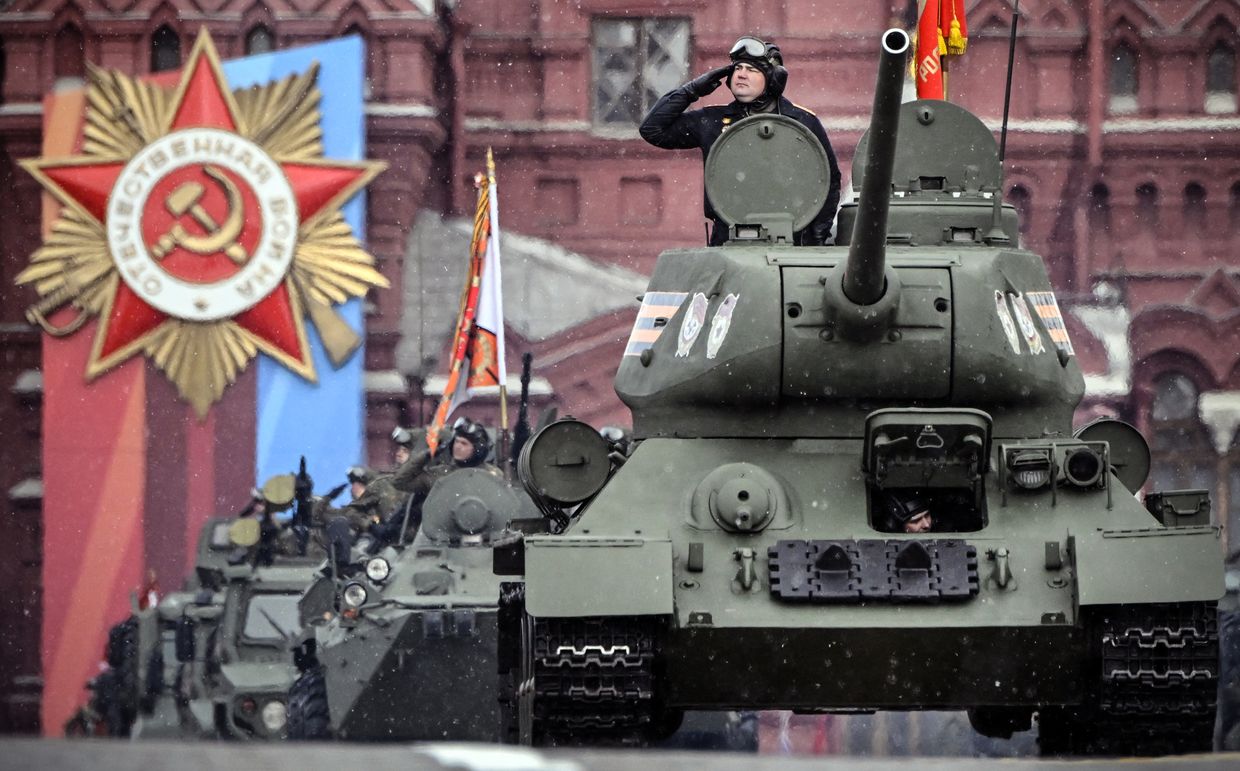8 EU finance ministers: Russia lies about its economic strength, more sanctions needed.
Support independent journalism in Ukraine. Join us in this fight.
Become a member Support us just onceRussia is spreading a false narrative about the strength of its economy, which is likely deteriorating due to Western sanctions, finance ministers of eight European countries wrote in an op-ed for the Guardian published on July 24. Ministers from Sweden, Denmark, Finland, the Netherlands, Poland and the Baltic states said there are many clear signs that Russia's economy is much weaker and the beginning of a "re-Sovietization" of the economy could be mistaken for a "boost." Among the hallmarks, the ministers mentioned far-reaching market controls, heavy public spending financed by nationalized private assets, and a reorientation of the economy toward the war industry, "with a total disregard for the social and economic wellbeing of the population."
The ministers say that Russia may face an overheating economy, stagnant private sector, rising inflation and further depletion of Russian financial reserves. "If (Russian President Vladimir) Putin stays on this path, the long-term damage to the Russian economy could be significant and is likely to further erode confidence," the op-ed read.
Sign up for our newsletter
WTF is wrong with Russia?
Sign up
The ministers urge partners for more decisive steps by strengthening sanctions against Moscow and providing Kyiv with more weapons and ammunition. "By re-Sovietising the Russian economy, Putin has put it on a path towards its own decline.
Now it is time for the west to up the pressure even more." The EU slapped historic sanctions against the Russian gas industry in June, applying a ban on LNG transshipment for the first time. Moscow has amassed a "ghost fleet" of largely uninsured oil tankers to avoid Western sanctions, namely the £60 per barrel price cap imposed by the Group of Seven (G7) late in 2022.
While the LNG exports have been less heavily sanctioned than oil, recent restrictions have begun tightening the noose around this sector as well.
Russia struggles to control finances as Ukraine invasion spending soars
Since the full-scale invasion of Ukraine began in 2022, the Russian government has focused all of its financial resources on funding the war.
As the war is the Kremlin's number one priority, all tools at its disposal have been used: increased taxation, sovereign funds, domestic borrowing, and the p...
